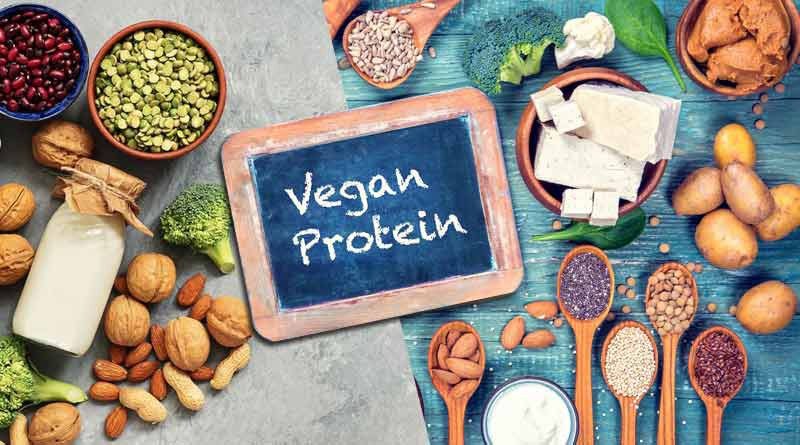Incorporate These Natural Sources of Vegan Protein in Your Diet
Protein is an essential component of our nutrition, accounting for approximately 17% of body weight, and is the primary component of our muscles, skin, and internal organs, particularly the heart and brain, as well as our eyes, hair, and nails. Protein is also required by our immune system to help make antibodies that are needed to fight infections, and protein also plays a role in blood sugar regulation, fat metabolism, and energy function. As a vegan, it is critical that all of these amino acids are included in the diet to provide optimum nutrition. Variety is important when it comes to being vegan, as is not relying on substitute products such as vegan cheese to make up for any deficiencies because they are technically processed foods.
Natural Sources Of Vegan Protein
Quinoa
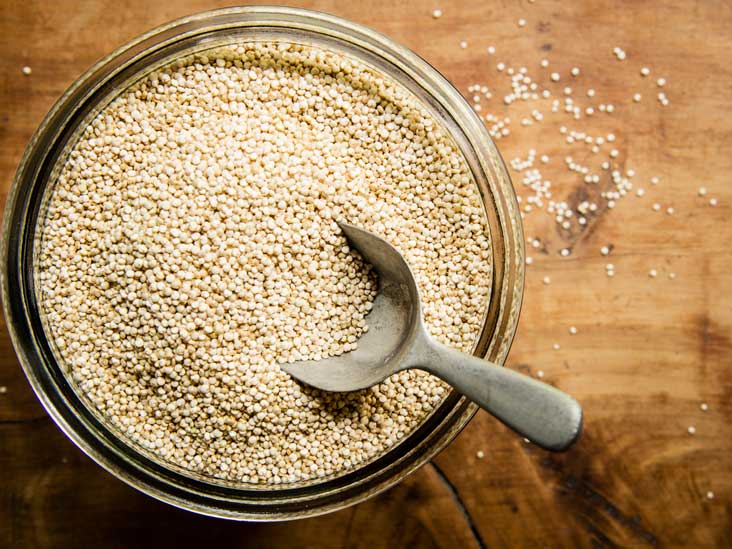
Quinoa is a seed that comes in white, red, black, and mixed varieties. 100g of quinoa (cooked weight) contains nearly 4g of protein, but it’s also known as a complete protein, which means it contains all 22 amino acids, making it a great alternative to carbohydrates like rice and couscous.
Pulses
Because a pulse is an edible seed that grows in a pod, it includes all beans, peas, and lentils. These are great low-fat, low-cost sources of plant protein with a lot of variety.

Among the various pulses are:
- Lentils, including puy, green, and red lentils, contain approximately 8-9g of protein per 100g.
- Chickpeas, including hummus, have a protein content of 7g per 100g.
- Garden peas – approximately 7g per 100g
- Beans, such as black-eyed, pinto, butter, cannellini, soya, edamame, and kidney, contain between 7 and 10 grammes of protein per 100 grammes.
- Baked beans are a good source of protein, but watch out for the salt content: 5g per 100g.
Tofu
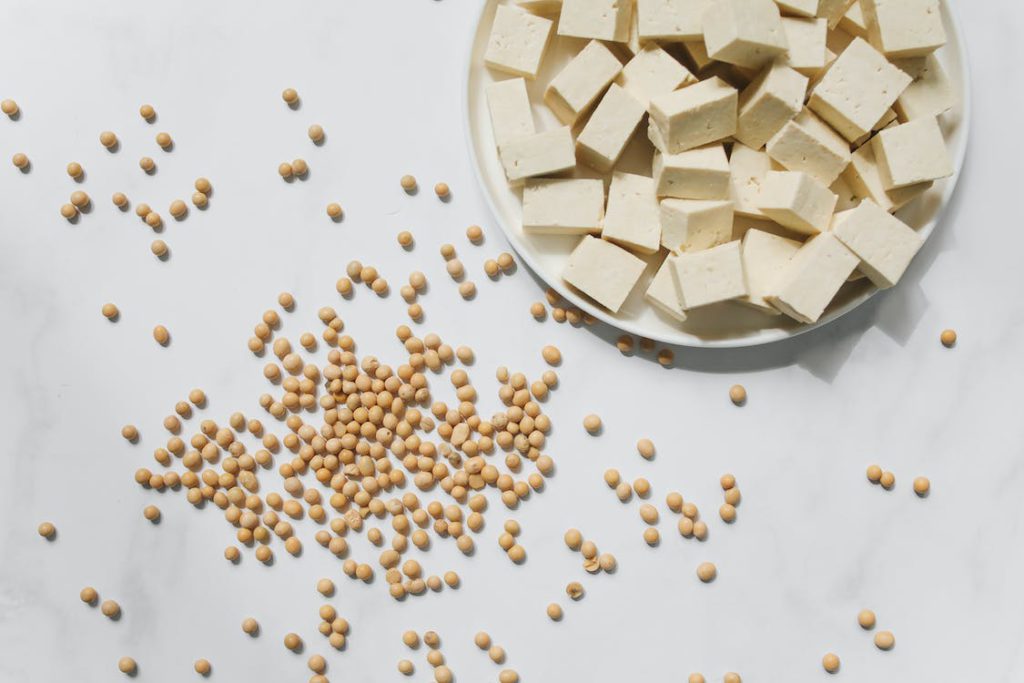
Tofu, also known as bean curd, is made from soya and contains 8g of protein per 100g. Tofu is extremely versatile, as it can be baked and stir-fried, as well as blended into soups to make them creamier and higher in protein.
Green Peas
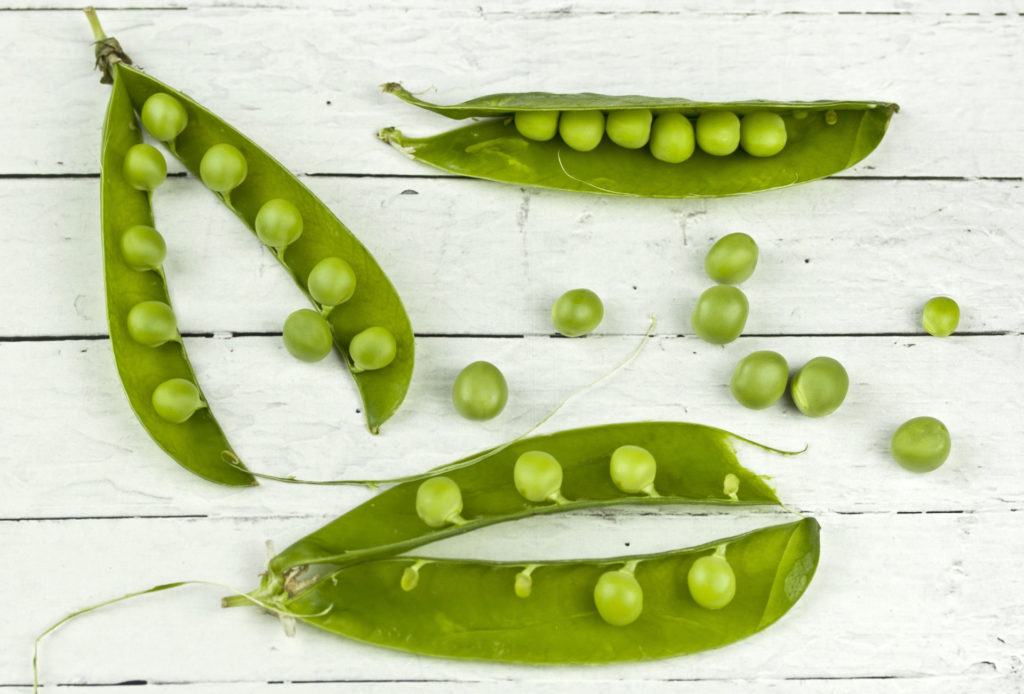
Peas are classified as legume food. They help keep the eyes healthy and protect against certain cancers because they contain a high concentration of vitamins, minerals, antioxidants, and phytonutrients. Peas are also high in antioxidants, which help to strengthen your immune system.
Nuts And Seeds

Again, nuts and seeds are very versatile and can be eaten with meals or as a snack to ensure adequate protein and energy throughout the day. Among the best nut and seed proteins are:
- Cashew nuts – 3g per 10 cashew nuts
- Almonds – 3g of protein for every six almonds
- Walnuts – around 3g of protein for every three whole walnuts
- Pumpkin seeds – 4g per tablespoon
- Pistachios – just over 1g of protein over 10 pistachios
Chia Seeds
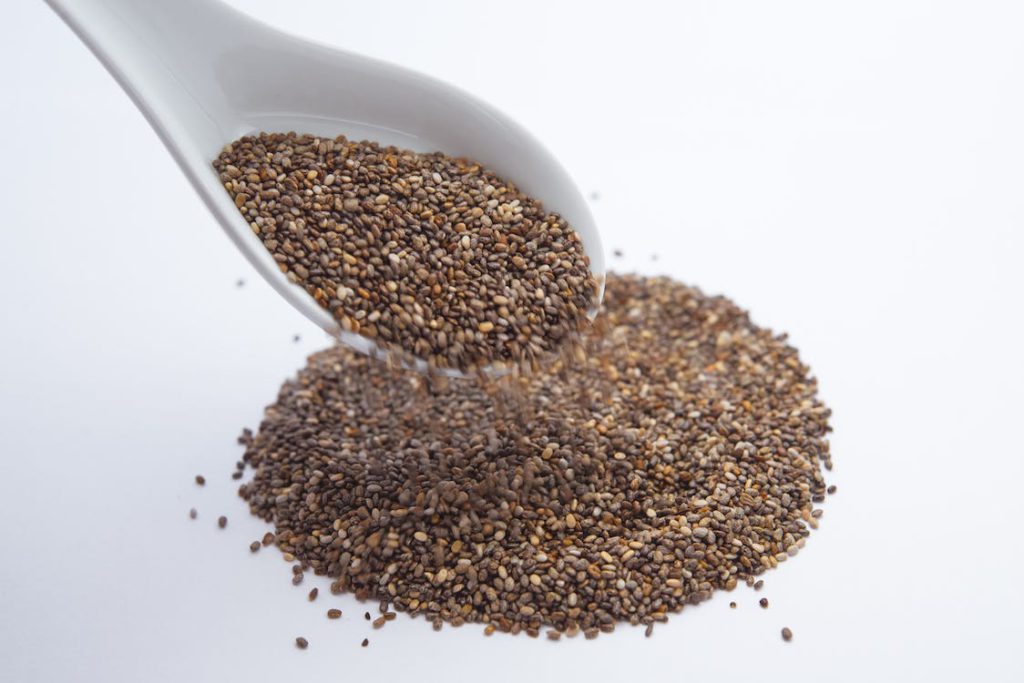
One tablespoon of chia seeds contains nearly 2g of protein and can be used in breakfast, salads and soups, or as a healthy, protein-rich dessert. They are also an excellent vegan egg substitute because they are hydrophilic and will expand when soaked in water for about 20 minutes.
Liked this post? Don’t forget to check out our other short stories in our Quick Read section

